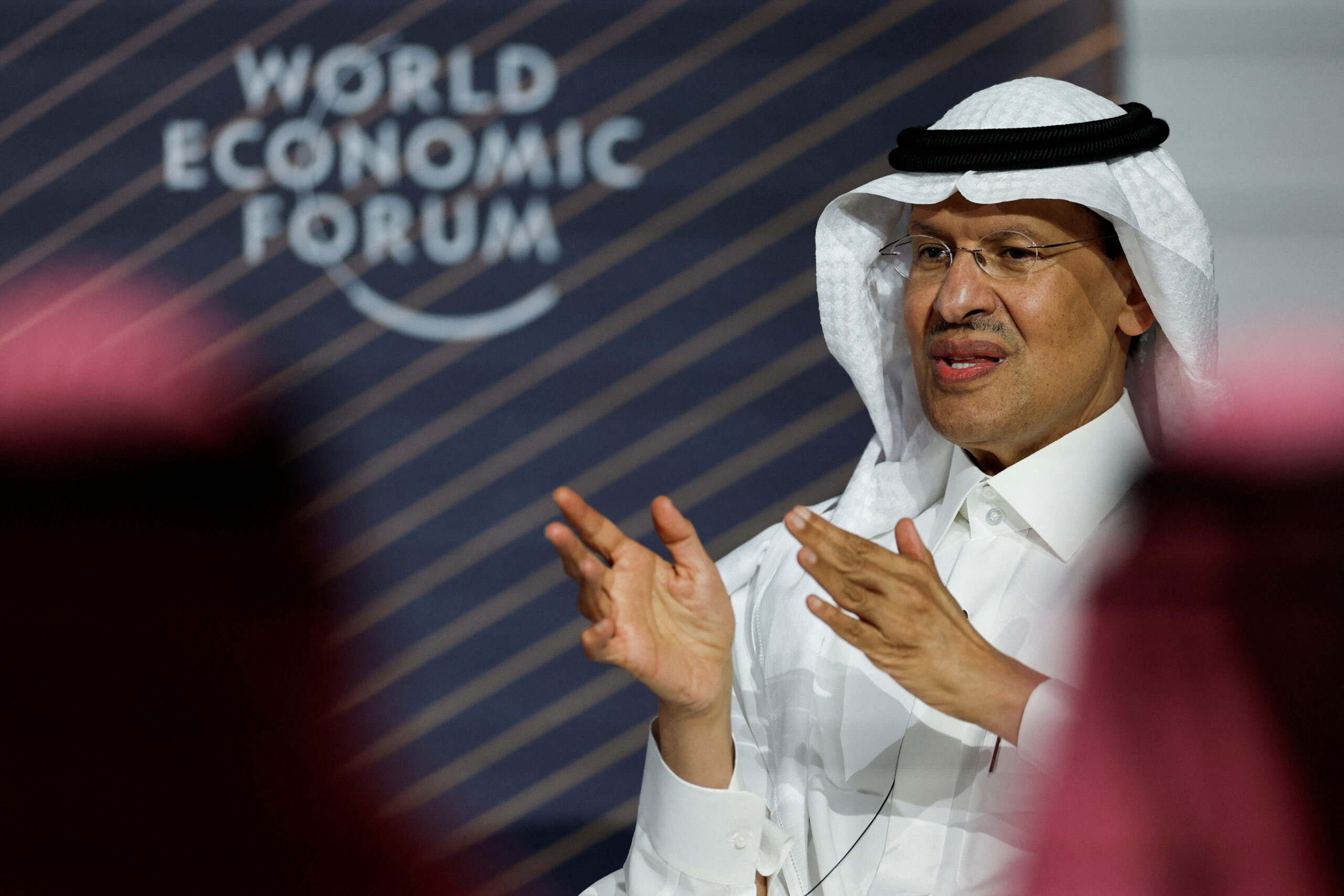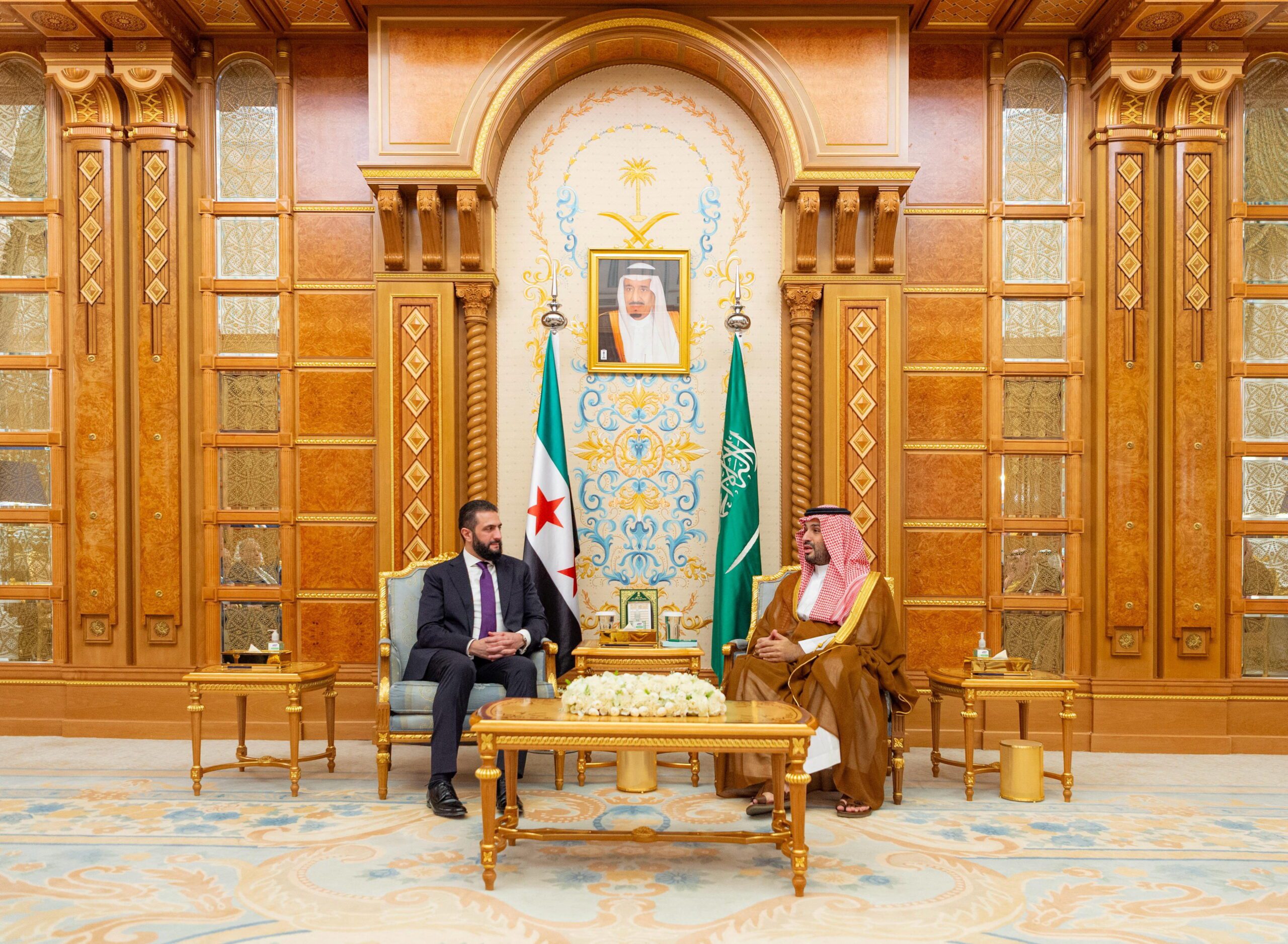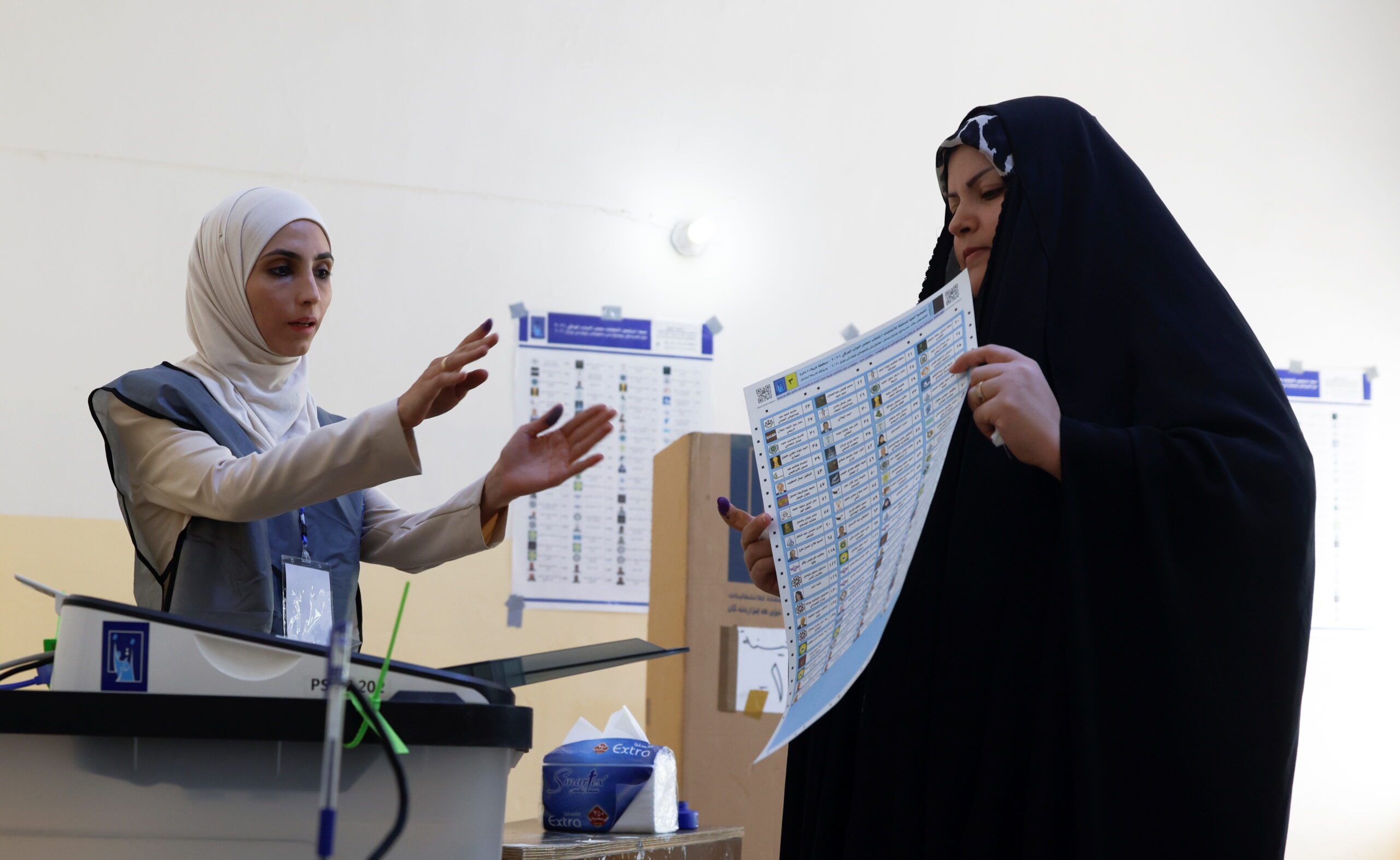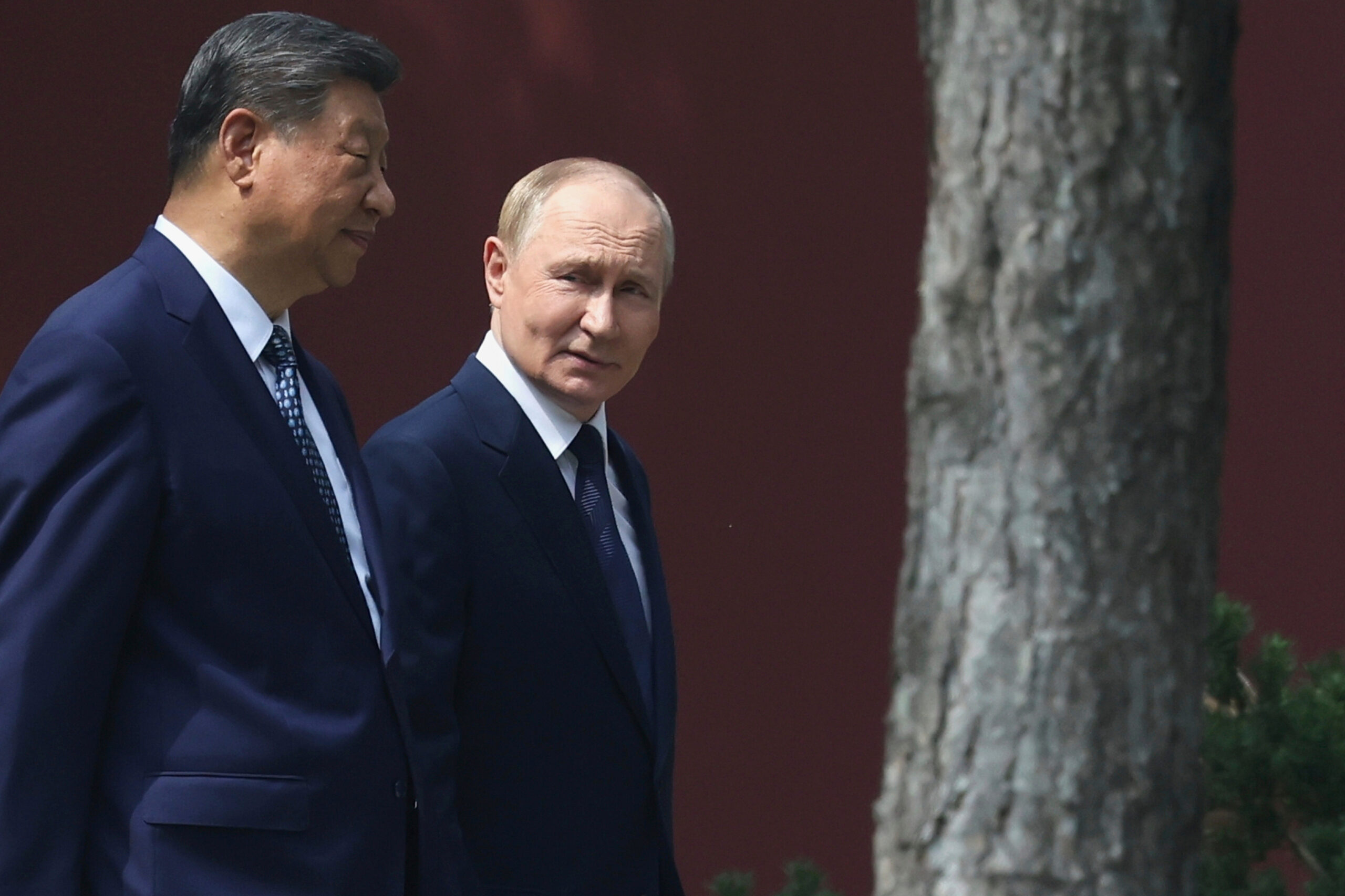U.S. Focus on Regional Integration and Partnerships
On U.S.-Gulf relations, a Harris administration would inherit a well-established framework to advance – one it is unlikely to abandon.
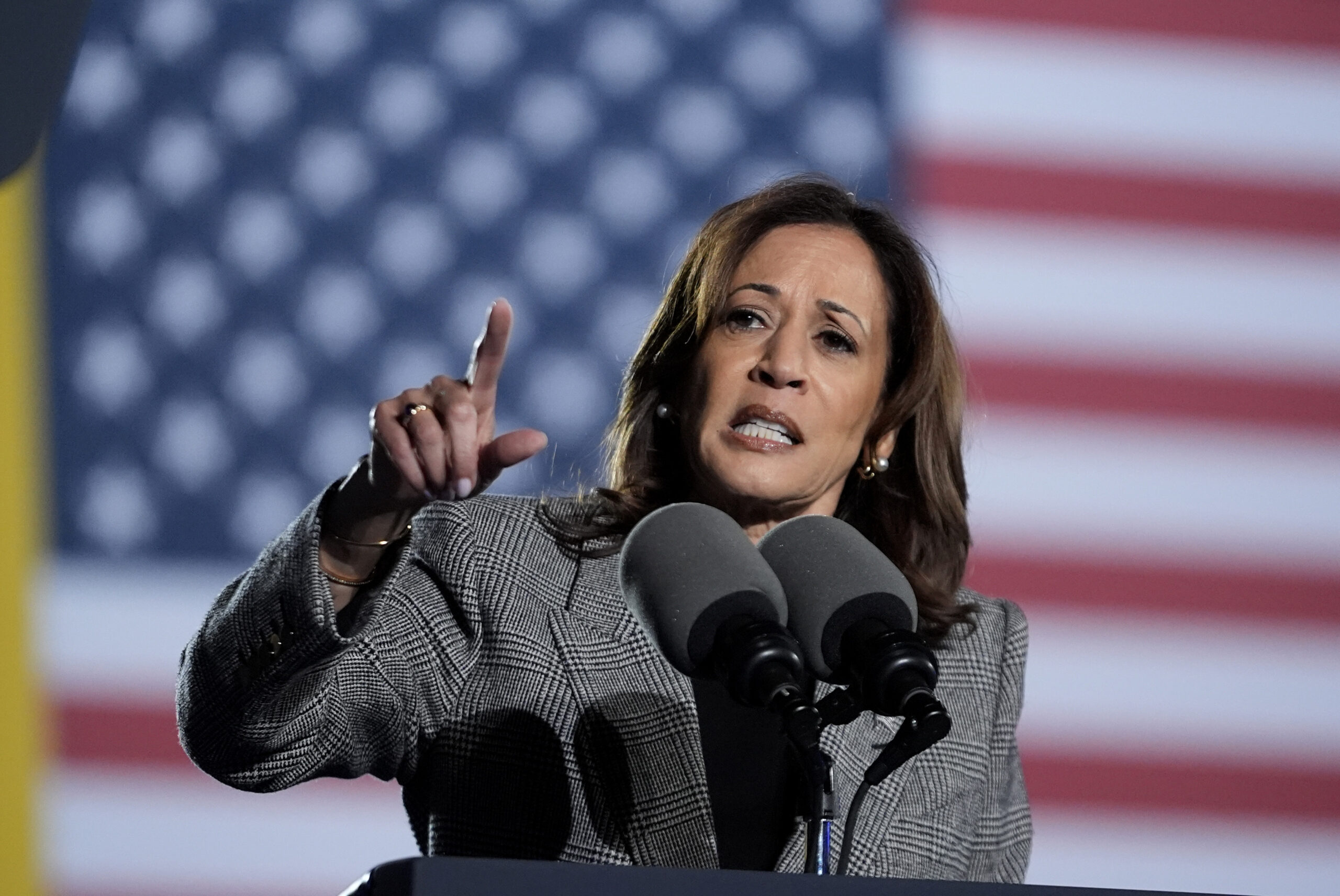
This publication is part of AGSIW’s U.S. Presidential Election series.
If Vice President Kamala Harris wins the upcoming U.S. presidential election, her administration would likely take a nuanced and continuity-based approach to the Middle East, especially regarding the Gulf Arab states. The complexities of the current political landscape, ongoing conflicts, and evolving geopolitical alliances will heavily influence her administration’s decisions.
Iran’s Role and Potential for De-Escalation
A Harris administration would face a pivotal juncture with Iran, where opportunities for altering relations could emerge. The newly elected Iranian president, Masoud Pezeshkian, made a conciliatory statement about wanting to be “brothers” with the United States, provided sanctions are lifted, suggesting the potential for a thaw in relations. However, this is contingent on the willingness of Iran’s power players, Supreme Leader Ayatollah Ali Khamenei and the Islamic Revolutionary Guard Corps, to make substantial compromises in the interest of ensuring the survival of the regime.
Despite Harris’ firm tone toward Iran, she might adopt a strategy akin to that of the administration of President Joseph R. Biden Jr. Her approach would be centered on protecting U.S. forces and interests from perceived Iranian threats, with regional stability as a primary goal.
The Israel-Hamas War and Pathways to Stability
A Harris-led administration would likely maintain traditional U.S. alliances with a strong focus on stability and integration efforts, such as expanding the Abraham Accords and continuing the India-Middle East-Europe Economic Corridor initiative. The corridor remains a strategic priority for the United States to enhance economic connectivity between the Gulf, South Asia, and Europe.
According to campaign surrogates, as vice president, Harris has been a strong advocate for Israel’s regional integration, aiming to build upon the Abraham Accords by including other countries, especially Saudi Arabia. Progressing toward stability will hinge on successfully navigating the Israel-Hamas conflict and establishing a viable path for Palestinian self-determination.
Harris has publicly opposed an arms embargo on Israel and has not distanced herself from Biden’s Israel policy, though, reportedly, she has privately been critical of it. She has also described the destruction and loss of life in Gaza as a “catastrophe.” Similarly, during his June speech at the Herzliya Conference, Philip Gordon, Harris’ national security advisor since 2020, emphasized the need for a two-state solution as the “ultimate goal” while referring to “settlement expansion, settler violence and other destabilizing activities on the West Bank” as detrimental to peace. Although Harris expresses empathy for both Palestinian and Israeli victims in her vision for ending the war, translating this into effective diplomacy is challenging – particularly with Israel’s right-wing coalition led by Prime Minister Benjamin Netanyahu and the absence of a unified Palestinian political leadership.
Balancing Great Power Rivalries and Bolstering Regional Partnerships in the Gulf
A Harris administration can be expected to prioritize the notion of “great power rivalry” by addressing the national security implications of Gulf countries’ economic ties with Russia and China. As president, Harris would likely apply pressure to curb commerce with Russia and restrict access to Chinese advanced technology, reflecting a continuation of Biden’s cautious stance. This aligns with the broader U.S. strategy to limit Chinese influence and retain strategic leverage in the region.
On energy policy, Harris is likely to maintain or even surpass Biden’s efforts toward clean energy development while not significantly curbing fracking for extraction of oil and gas from shale rock. This strategy would ensure that the United States remains competitive in global energy markets. At the same time, Harris’ administration would likely press the Gulf states to increase oil production through OPEC+, pushing back against Saudi-Russian cooperation in the alliance to mitigate global energy market fluctuations.
Gulf Arab states have altered their energy export strategy targeting emerging economies in Asia, particularly China and India. This change in trade patterns is part of a wider shift. Traditionally reliant on the West for security, leading Gulf Cooperation Council countries Saudi Arabia and the United Arab Emirates are diversifying their relationships. This momentum is unlikely to decelerate or be reversed, even if a Harris administration were, against expectations, to attempt to alter its course.
Amid these developments, over the past two years, the Biden administration has sought to rebuild trust and revive relations with its traditional Gulf allies. The United States recently designated the UAE a major defense partner – a distinction shared only with India – facilitating close military collaboration through joint training and exercises as well as various other cooperative initiatives. This arrangement is likely to continue under a Harris administration.
A meeting between Biden and UAE President Mohammed bin Zayed al-Nahyan in September at the White House reaffirmed the U.S.-UAE partnership, which is underpinned by $40 billion in annual trade and $26 billion in U.S. exports. They committed to advancing collaboration in tech and clean energy, praised the Microsoft-G42 artificial intelligence initiative, and endorsed the Common Principles for Cooperation on AI. They also reviewed the Partnership for Global Infrastructure and India-Middle East-Europe Economic Corridor initiative projects and stressed the importance of strategic investments in infrastructure and critical minerals. Thus, a Harris administration would inherit a well-established framework to advance – one it is unlikely to abandon.
Similarly, although the U.S.-Saudi relationship was severely strained during the early Biden administration, both sides have lately worked to rebuild trust. A proposed U.S.-Saudi defense agreement, potentially linked to the normalization of Saudi-Israeli relations, has become a central focus of the Biden administration’s Middle East approach. This pact reportedly includes firm defense commitments, reliable access to U.S. arms, and U.S. backing for a civilian nuclear program.
As the Biden administration enters its final months, it is racing to finalize the deal, which officials hope could eventually bring in Israel and advance regional peace. However, prospects for completing it within Biden’s term are slim. Saudi-Israeli normalization is essential for gaining congressional approval, while Riyadh demands calm in Gaza and a viable route to a Palestinian state. A Harris administration would inherit this promising but unfinished business.
Continuity and Change in U.S.-Gulf Relations
A Harris presidency would likely approach the Gulf region with a blend of continuity and strategic adaptation. It would prioritize traditional alliances, great power rivalry considerations, and firm support for Israel’s security and regional integration. It is improbable that a Harris administration would embark on major new initiatives in the Gulf, opting instead to manage existing commitments and brace for the region’s persistently unpredictable developments.
The views represented herein are the author's or speaker's own and do not necessarily reflect the views of AGSI, its staff, or its board of directors.


